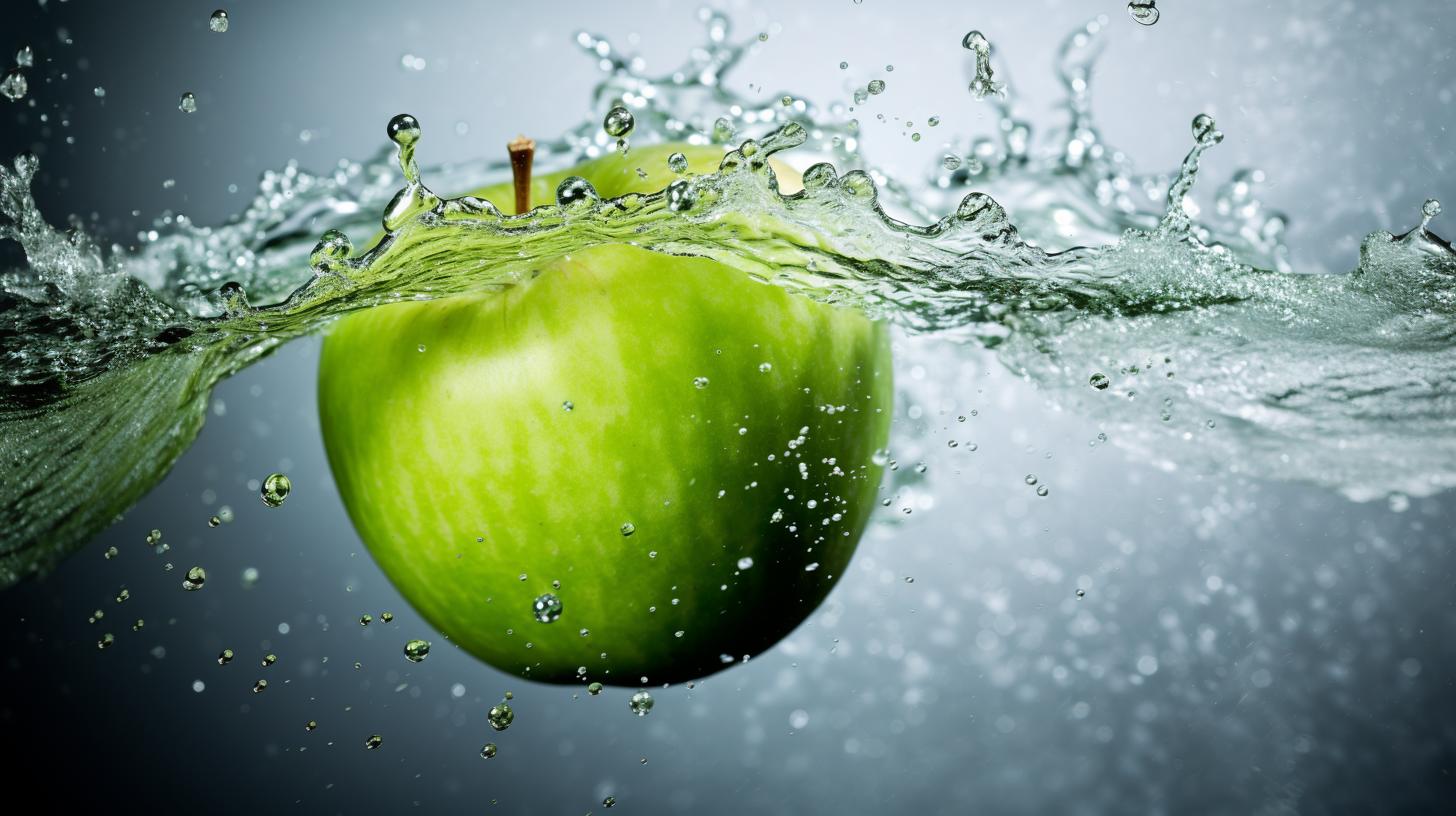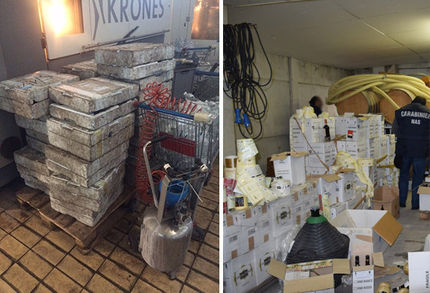A look at food policy and potential Trump changes
The Obama administration was the first to significantly raise the profile of food policy, championing laws and pushing through regulation to make food safer, more nutritious and better labeled.
A look at some of those policies, and what may happen to them in a Trump administration:
SCHOOL MEALS: First lady Michelle Obama made healthier school meals one of her signature issues. A Democratic Congress passed legislation expanding healthier standards for school foods in 2010, and Mrs. Obama successfully fended off Republican attempts to scale them back. Trump hasn't weighed in on school meals, but Alabama Rep. Robert Aderholt, a member of his agricultural advisory committee, says there likely will be new efforts to revise the rules.
FOOD SAFETY: A food safety law signed by President Barack Obama five years ago requires farmers to test irrigation water quality, regularly train workers on the best health and hygiene practices and monitor wildlife that may intrude on growing fields, among other measures. It also increases inspections in food manufacturing facilities. A fact sheet issued by the Trump campaign in September criticized the food safety rules, but that language was deleted in a second version of the memo.
NUTRITION FACTS: The Food and Drug Administration issued a new version of the "Nutrition Facts" labels that are on the backs of food packages, the first overhaul of the label since its introduction in 1994. The sugar industry has objected to a new line that breaks out the amount of added sugars. The rules are in place, but most food companies have until July 2018 to comply.
CALORIES ON MENUS: Passed by Congress as part of health care overhaul in 2010, the rules will require restaurants and other establishments that sell prepared foods and have 20 or more locations to post the calorie content of food "clearly and conspicuously" on their menus, menu boards and displays. The supermarket industry has strongly pushed back on the rules, saying they would be more burdensome for them than for restaurants, which typically have more limited offerings. The rules will be enforced starting next May.
PHASING OUT TRANS FATS: The FDA announced in 2015 that it was requiring food companies to largely rid their foods of the artery-clogging fats over several years, calling them a threat to public health. But the rules allow food companies to petition to use trans fats sparingly in some foods, and the agency is currently considering what foods can be exempted.
SODIUM GUIDELINES: The FDA earlier this year proposed long-awaited sodium guidelines in an effort to prevent thousands of deaths each year from heart disease and stroke. The guidelines are voluntary, so food companies won't be required to comply, and the agency hasn't yet announced final guidelines. The food industry has pushed back, saying companies have already reduced sodium in many foods.
ANTIBIOTICS: The administration announced a plan last year to fight the threat posed by antibiotic-resistant bacteria. While overuse in humans is the leading concern, the administration has worked to curb use in animals processed for meat, as well. It's unclear if the Trump administration would continue that effort, which has met with some resistance from the meat industry. (dpa)
Most read news
Other news from the department business & finance

Get the food & beverage industry in your inbox
By submitting this form you agree that LUMITOS AG will send you the newsletter(s) selected above by email. Your data will not be passed on to third parties. Your data will be stored and processed in accordance with our data protection regulations. LUMITOS may contact you by email for the purpose of advertising or market and opinion surveys. You can revoke your consent at any time without giving reasons to LUMITOS AG, Ernst-Augustin-Str. 2, 12489 Berlin, Germany or by e-mail at revoke@lumitos.com with effect for the future. In addition, each email contains a link to unsubscribe from the corresponding newsletter.
Most read news
More news from our other portals
See the theme worlds for related content
Topic world Food safety
Food safety is at the heart of the food and beverage industry. It ensures that the food we eat every day is not only nutritious, but also free of harmful contaminants. From field to plate, the industry monitors and regulates every step of the process with strict quality controls, advanced testing methods and continuous research.

Topic world Food safety
Food safety is at the heart of the food and beverage industry. It ensures that the food we eat every day is not only nutritious, but also free of harmful contaminants. From field to plate, the industry monitors and regulates every step of the process with strict quality controls, advanced testing methods and continuous research.
Topic world Hygiene
Hygiene is the foundation of the food and beverage industry. Hygiene technology ensures that products are not only tasty, but most importantly, safe for consumption. From advanced cleaning processes to sterile filling techniques, the industry is constantly setting new standards to prevent contamination and the growth of microorganisms.

Topic world Hygiene
Hygiene is the foundation of the food and beverage industry. Hygiene technology ensures that products are not only tasty, but most importantly, safe for consumption. From advanced cleaning processes to sterile filling techniques, the industry is constantly setting new standards to prevent contamination and the growth of microorganisms.






























































